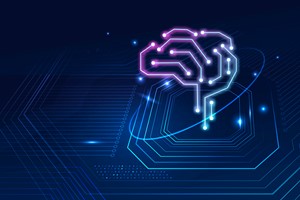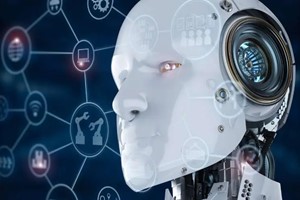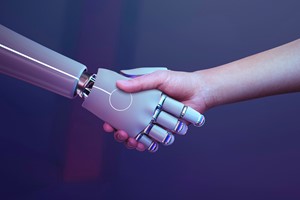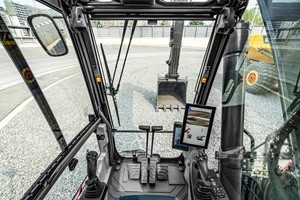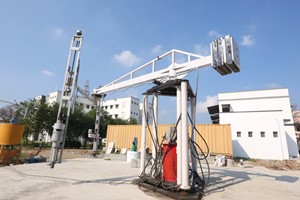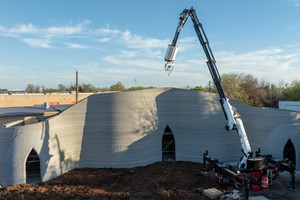The "GenISys" project represents a groundbreaking initiative in the field of industrial production, spearheaded by researchers from the University of Wuppertal in collaboration with the software company Snap and the plant manufacturer Haver & Boecker. This project is focused on revolutionizing the construction of filling plants—such as those used for packaging powdery and granular materials like cement—by harnessing the potential of generative AI models.
Generative AI models, which are adept at creating new content from existing data, have shown remarkable capabilities in various applications, including generating human-like text. However, their potential remains largely untapped in industrial production areas. Dr. Hasan Tercan, scientific director of the research area "Industrial Deep Learning" at the Chair for Technologies and Management of Digital Transformation at Bergische Universität, notes, “The known potential and capability of generative AI approaches remain almost unused. This is partly because AI methods have not yet been adapted for areas of application with very specific requirements.”
The design and construction of industrial filling plants involve complex, costly, and time-consuming processes. These processes are characterized by the labor-intensive configuration of plants, which includes laboratory tests to determine material properties and the multi-stage testing of plant prototypes. Adapting to new operational requirements and changing material properties further compounds the need for a more innovative and adaptable approach. As Tercan explains, “The labor-intensive character of the design process in conjunction with the recurring need to redefine parameters due to material changes emphasizes the need for a more innovative and adaptable approach to plant configuration.”
The "GenISys" project aims to address these challenges by reducing the number of test cycles through the use of digital technologies and generative AI methods. This approach not only seeks to advance innovative ideas and services within the industry but also aims to reduce production effort and material use, thereby contributing to environmental protection. The project's impact extends beyond machinery and plant construction, as the adaptable AI development and training process is designed for scalability and future integration into various industries.
The project's vision is to develop an AI-based, user-friendly, and interactive software application tailored for plant construction companies and operators. This software will configure new filling plants based on customer order data, including material properties determined through laboratory investigations and existing microscopic images. Additionally, the software will leverage historical data from thousands of plant configurations and product properties to train the AI models. To effectively implement this software, the project will focus on adapting the AI models' architecture, training methods, modularization strategies for integration into existing business processes, and automation strategies for continuous optimization, along with integrating human feedback.
The "GenISys" initiative, through its innovative use of AI in industrial applications, represents a significant step forward in enhancing the efficiency and adaptability of plant construction processes.









